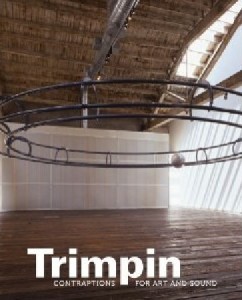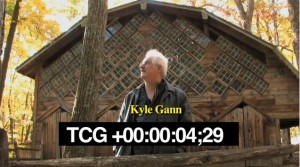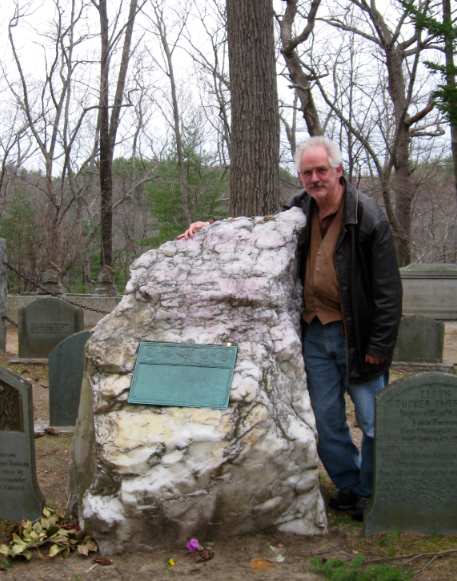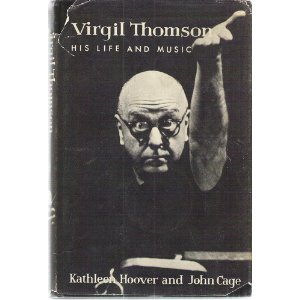I am all in favor of peer-review on principle. Like everyone else I am prone to typos, misplaced bits of information, and unnoticed logical inconsistencies. I am thrilled to have these captured and remedied pre-publication. But in my case, the external reader then invariably goes on to characterize my style as unacceptably “breezy,” “journalistic,” and “colloquial,” which means that my sentences flow well and are varied and to the point, so that the reader doesn’t have to keep slapping himself to stay awake. And if I don’t have enough clout in the matter, they will proceed to gelatinize my liquid paragraphs with the usual academic ambiguities, qualifications, and obscurantisms, until the final product is just as miserable and inedible a porridge as the average musicology screed. Peer-review ought to mean critique by someone who can do it as well as you can. It’s maddening. What is it about a graduate degree that automatically turns its recipient into a lifelong devotee of barren and congealed prose?









